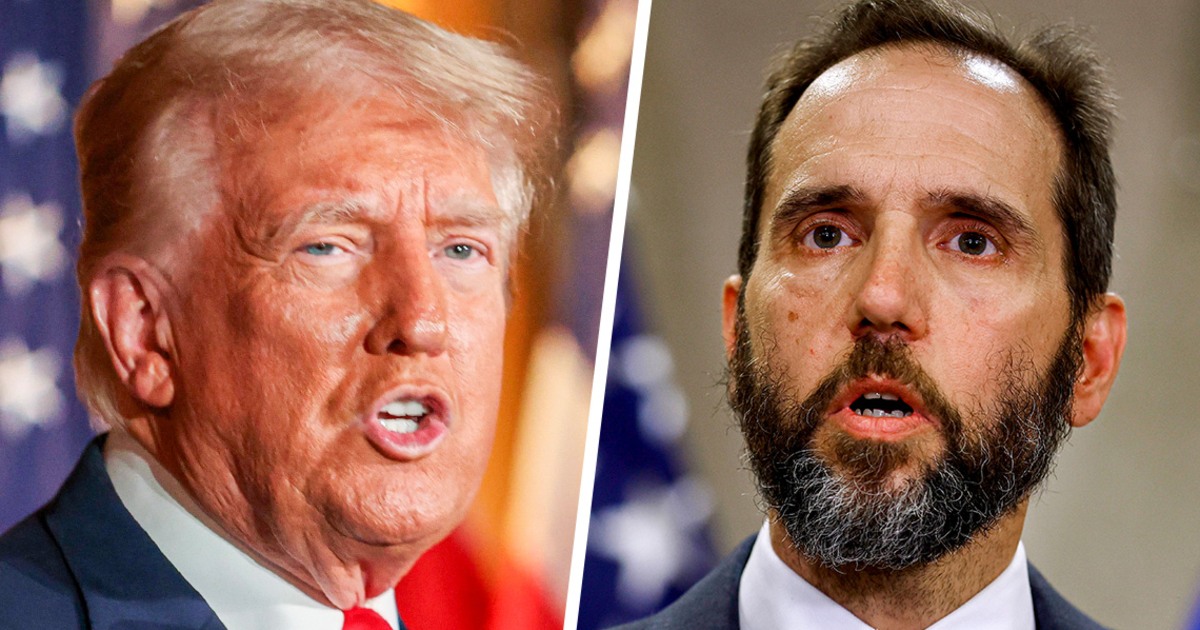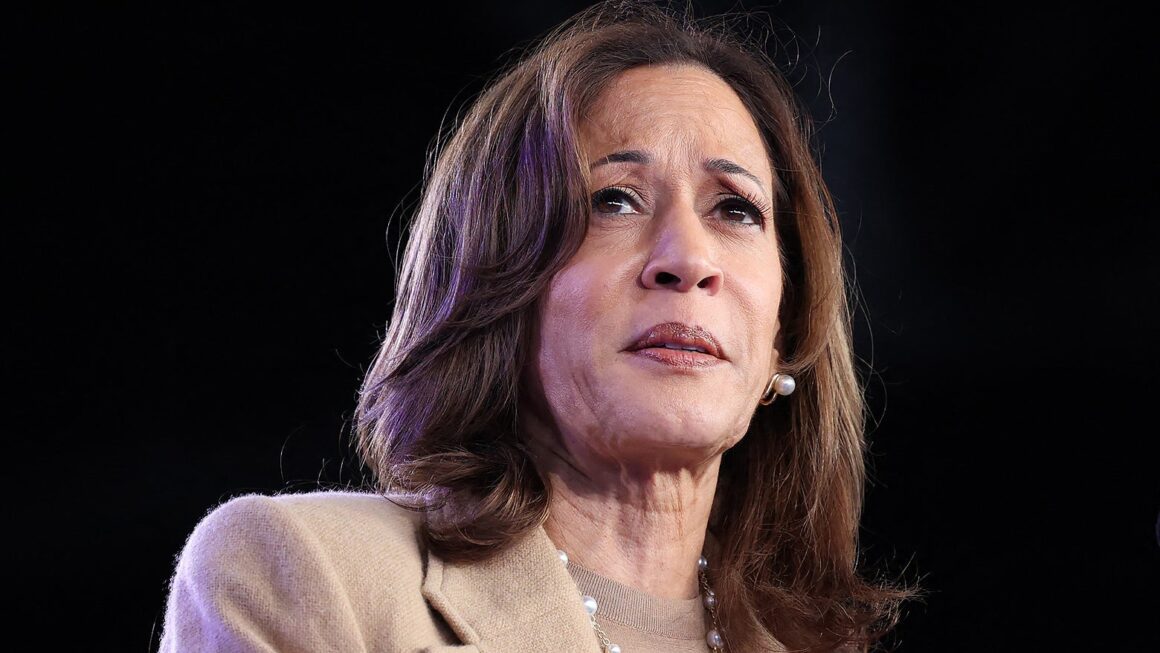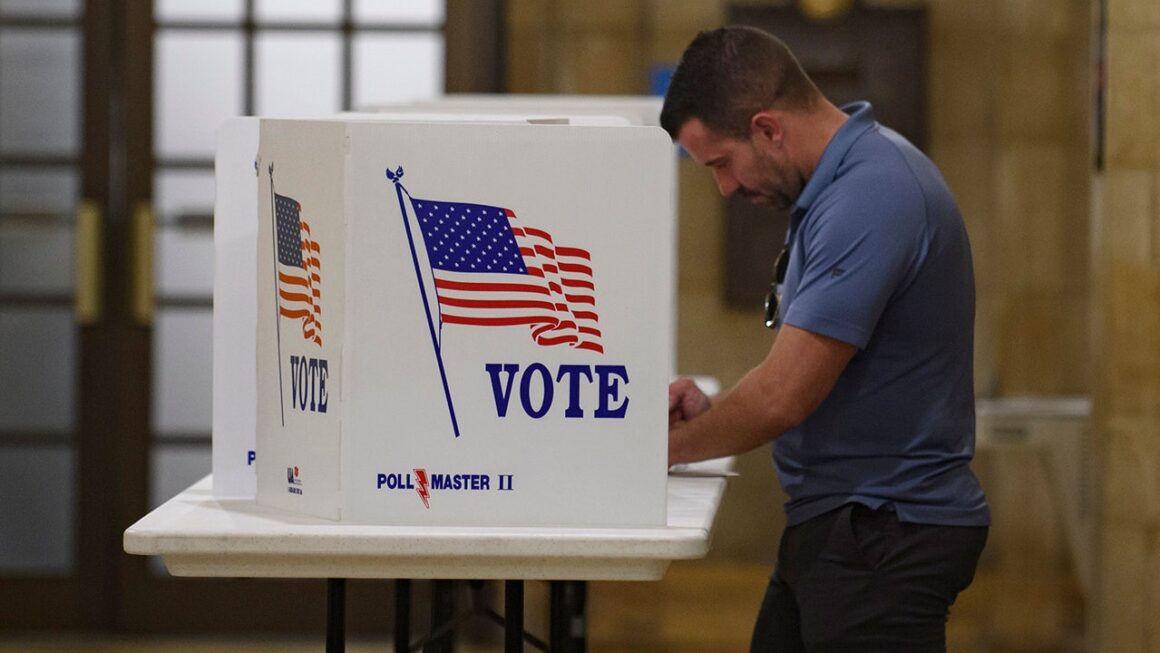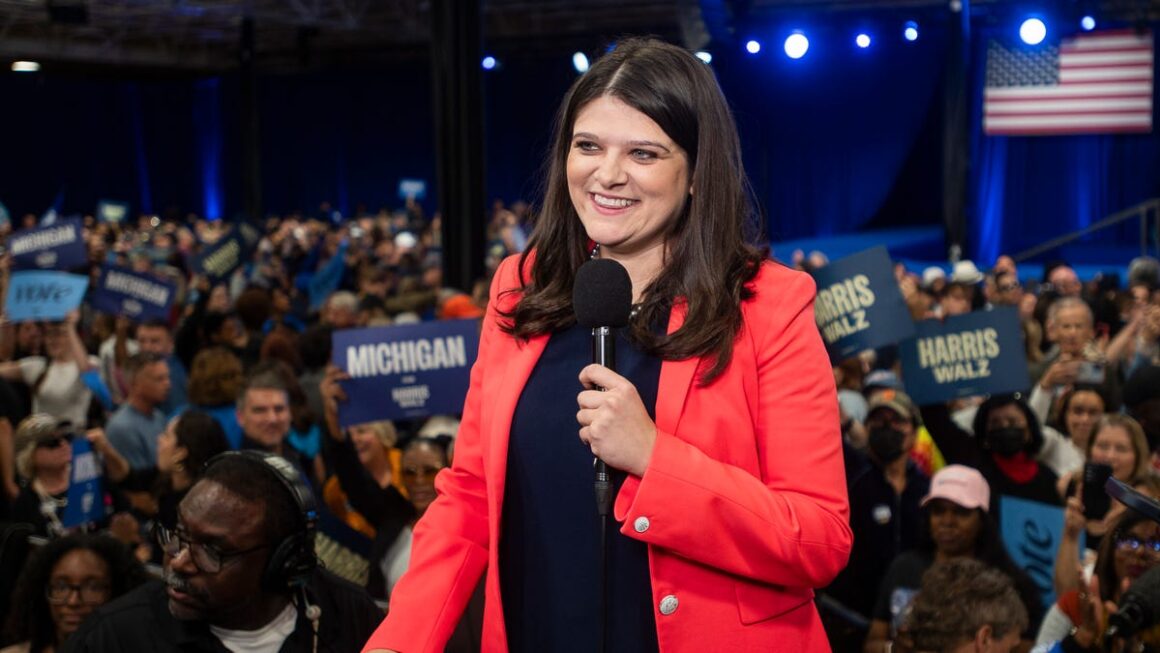Somehow, special counsel Jack Smith and Donald Trump are arguing over how long a court filing can be. But a deeper look into Trump’s opposition to Smith’s bid to file an “oversized” immunity motion suggests that the defense’s apparent strategy is to minimize the airing of damaging claims against the Republican presidential nominee as he runs for office.
The dispute arises in the federal election interference prosecution, where Trump’s pretrial appeal led the Supreme Court to grant him broad criminal immunity in July. Now that the case is back with U.S. District Judge Tanya Chutkan, she must apply the high court’s new immunity test to see how much of the indictment against Trump can go forward. Of course, if he wins the election in November, Trump will have the power to dismiss the federal case that charges him with criminally attempting to subvert the 2020 election (he has pleaded not guilty).
Citing what Chief Justice John Roberts’ immunity ruling called a “necessarily factbound” inquiry to determine what’s barred from prosecution, Smith has asked Chutkan for permission to file an “oversized” brief, due Thursday, to lay out the government’s stance.
But on Monday, Trump’s lawyers formally objected to the arguably administrative request, calling Smith’s desired forthcoming filing a “180-page false hit piece.” Casting the prosecution’s plea for more pages as a grave matter, they say the filing would (among other things) “violate the Presidential immunity doctrine,” “taint the integrity of these proceedings,” “be tantamount to a premature and improper Special Counsel report” and would even risk influencing the 2024 election.
The filing from the former president’s lawyers pushes their broader disagreement with how Chutkan intends for the litigation to proceed. They want a more piecemeal approach instead of getting straight into Smith laying out his big case for why the charges should survive the immunity gauntlet and move toward trial. Such a defense strategy — effectively slow-walking the matter — would net Trump the benefit of airing as little damaging information about his alleged efforts to overturn the 2020 election as possible ahead of the 2024 election — an election that, if he wins, would likely moot a courtroom airing of any allegations at all.
Subscribe to the Deadline: Legal Newsletter for updates and expert analysis on the top legal stories. The newsletter will return to its regular weekly schedule when the Supreme Court’s next term kicks off in October.
![]()









